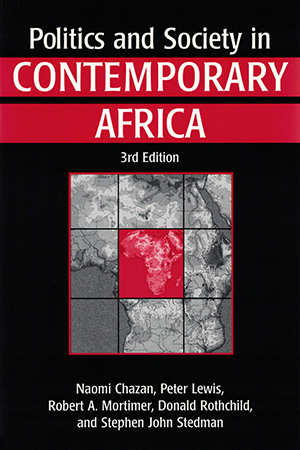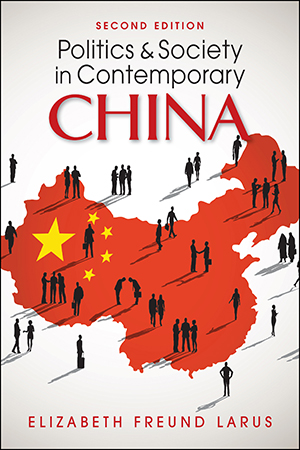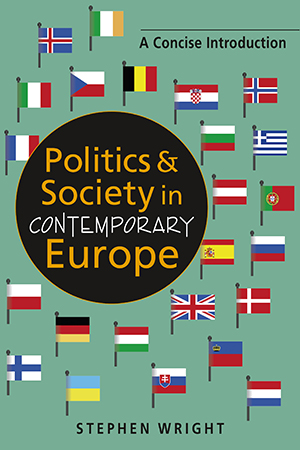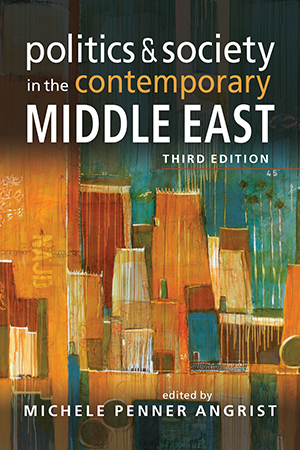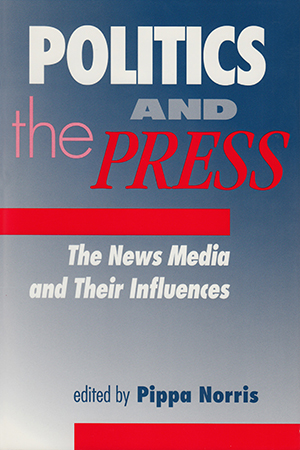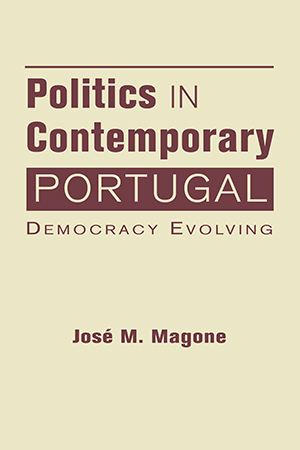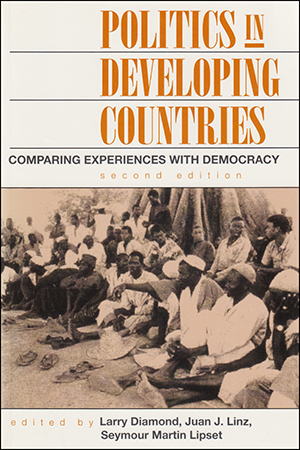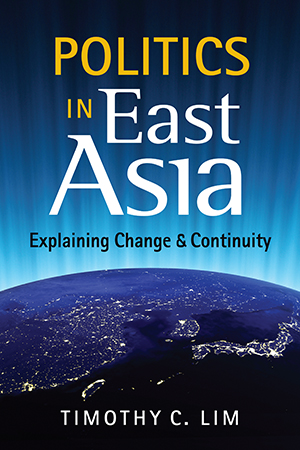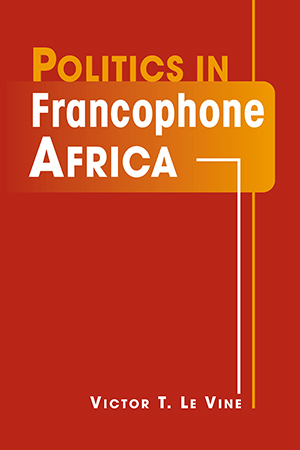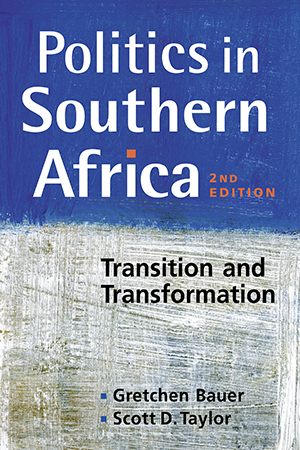BOOKS
Recognized as the textbook on African politics, as well as an excellent resource for scholars, Politics and Society in Contemporary Africa analyzes the complexities and diversities of the More >
This acclaimed introduction to China's politics and policies has been extensively revised and thoroughly updated not only to focus on the Xi Jinping era, but also to be even more More >
What constitutes Europe today? Is there an identifiable European culture that transcends state boundaries? How do the various national political, economic, and social structures and More >
The rise and decline of ISIS in Iraq and Syria. Deepening authoritarianism in Turkey. The return to military-led rule in Egypt. The impact of Crown Prince Mohammad bin Salman in Saudi More >
Politics and the Press not only examines how journalists define the news; it also explores the role of the media in elections and the shaping of public opinion, as well as the reportage of More >
José Magone provides a comprehensive overview of the development of Portuguese democracy, highlighting the country’s achievements and failures across four decades. Magone More >
This second edition of the highly regarded Politics in Developing Countries again presents case studies of experiences with democracy in Asia, Africa, Latin America, and the Middle East, More >
This systematic, innovative introduction to the dynamic politics and political economies of China, Japan, North Korea, South Korea, and Taiwan teaches students how to think analytically, More >
Choice Outstanding Academic Book! The fourteen countries in west and equatorial Africa that formed the heart of what was once France's African colonial empire?all independent now for More >
The developments of the past seven years are reflected throughout this thoroughly revised edition of Politics in Southern Africa. Bauer and Taylor systematically examine politics and More >



